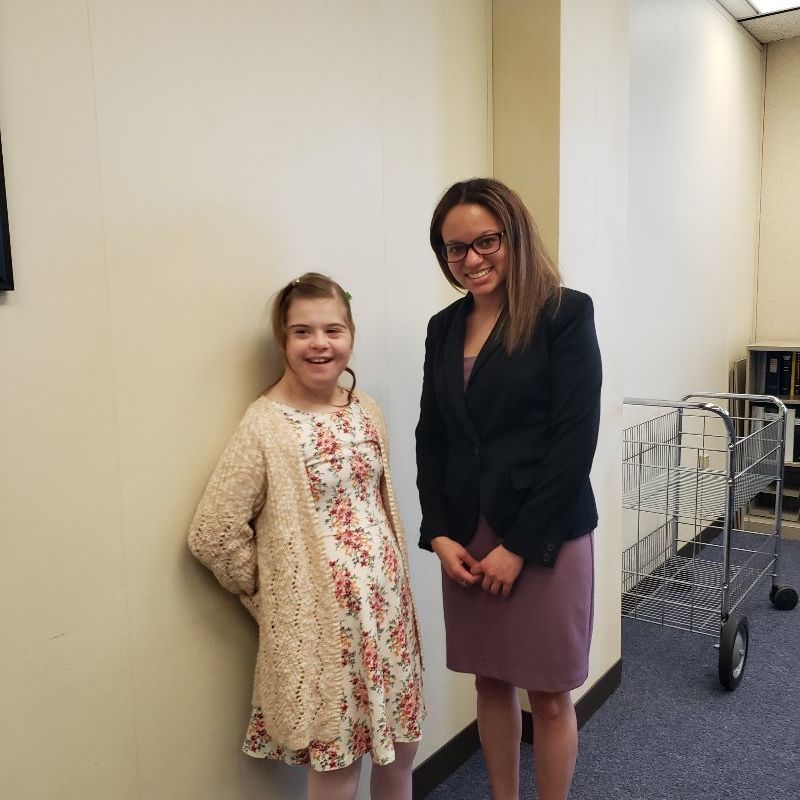
Olivia
Securing Home Care for a Teenager with Special Health Care Needs
Olivia is a 14-year-old with a number of lifelong intellectual disabilities and developmental delays, including Down syndrome and autism as well as cardiac and thyroid conditions. She is one of 14.2 million children, or 19% of all children in the U.S., with special health care needs; requiring services such as nursing care to live safely at home, and therapies to address developmental delays. Medicaid can provide children like Olivia with a wide range of medical and long-term care services, many of which are not covered at all or only available in limited amounts through their private insurance. But Olivia’s Medicaid managed care insurer denied her family’s request for in-home health care and supports. Fortunately, Olivia’s family called PHLP for help.
Olivia’s Medicaid insurer denied her family’s request for in-home care because they considered her mother, who had recently left her job as a school teacher, to be available. What the Medicaid insurer failed to recognize was that if Olivia’s mom was not receiving financial compensation for the time she spent caring for Olivia, she would be forced to work outside of the home to supplement her income. This would make her unavailable to care for Olivia and put Olivia’s health at risk.
PHLP represented Olivia and her family at her fair hearing. Working with her family, pediatrician, home health agency, and school, we gathered evidence supporting the value of the in-home care provided by her mother. However, prior to the final hearing, the Medicaid insurer reversed its denial and allowed Olivia’s mom to be her home health aide at school and on school holidays, weather delays, and closings, as well as on sick days during the school year. The family accepted the offer and appreciated PHLP’s support. Olivia’s mother reports that Olivia “is soaring with confidence in knowing that she is safe, happy, and having her needs met. Her quality of life has improved dramatically.”
